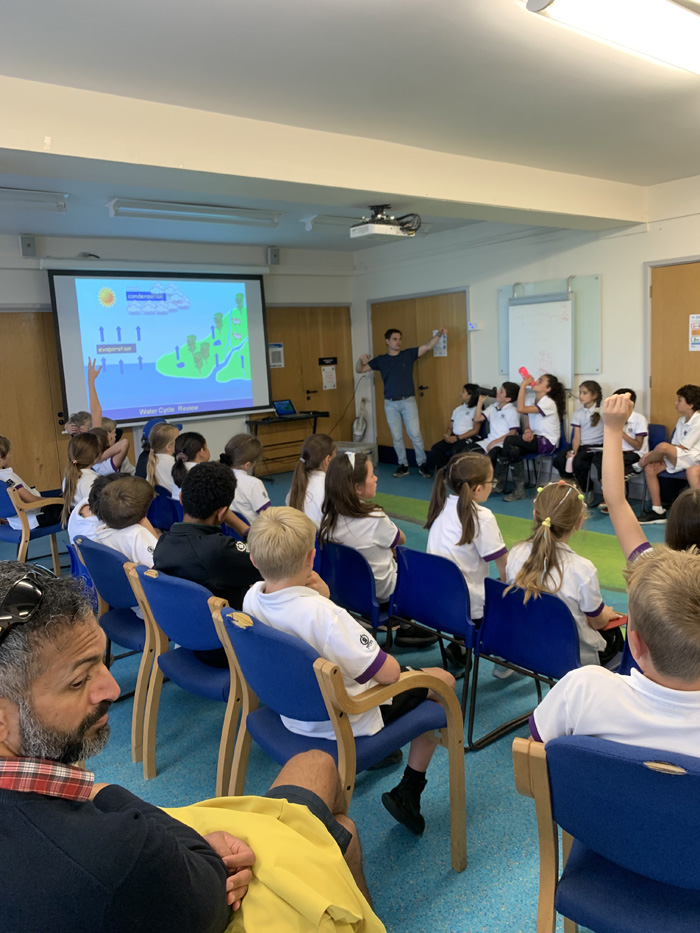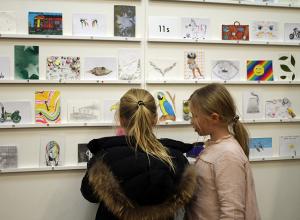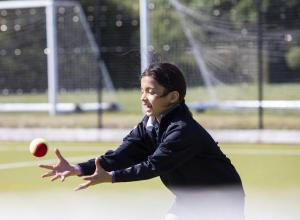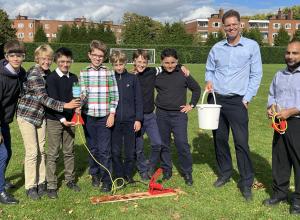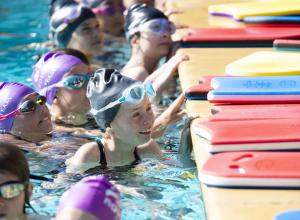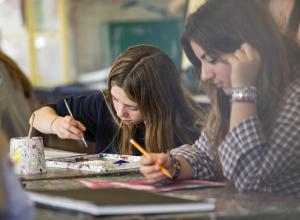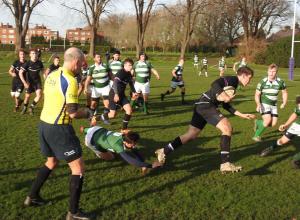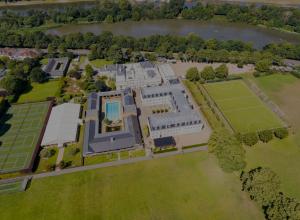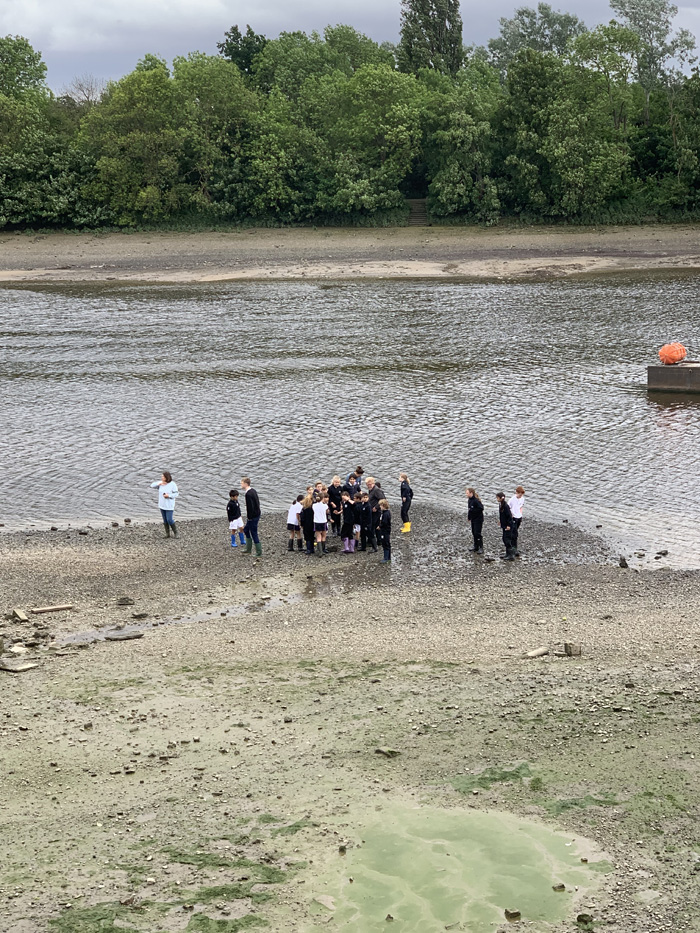
To support their Geography studies as part of the humanities curriculum, our 9s pupils enjoyed learning about rivers and environmental issues on a trip to the foreshore of the River Thames, at Chiswick Pier.
In their wellies and carrying fish nets, the children had a great day searching for wildlife on the foreshore and identified tiny shrimps, eels, flounders and other creatures.

River dipping fieldwork gave them the chance to discover first-hand what lives in the river by collecting, identifying and observing fish and invertebrates. For some, like Florence (9KFI), this was a popular activity. 'The river dipping was really fun, although we found more leeches than fish!' she says.
The river dipping was really fun, although we found more leeches than fish!
Florence, 9KFI
They used a range of scientific equipment to record simple abiotic data (temperature, depth, velocity, state of tide) and assess water quality through chemical tests.They observed river features including meanders and islands and river processes such as erosion, transportation and deposition and thought about the different users of the Thames.
Thomas (9WRO) particularly enjoyed learning about the history of the River Thames and finding out how its water has been much more polluted in the past than it is now. "The Thames used to have lots of oil in it because of the number of boats but now the main danger is plastic pollution."
The Thames used to have lots of oil in it because of the number of boats but now the main danger is plastic pollution.
Thomas, 9WRO

Pupils also used the local environment to identify and name birds and recognise how they have adapted to their environment.
They finished by looking at how the river environment has changed over time and how pollution and human impact can pose a danger to living things. Through an interactive map activity, the children were also able to explore environmental issues and consider 'pollution solutions' for a sustainable future for the Thames.
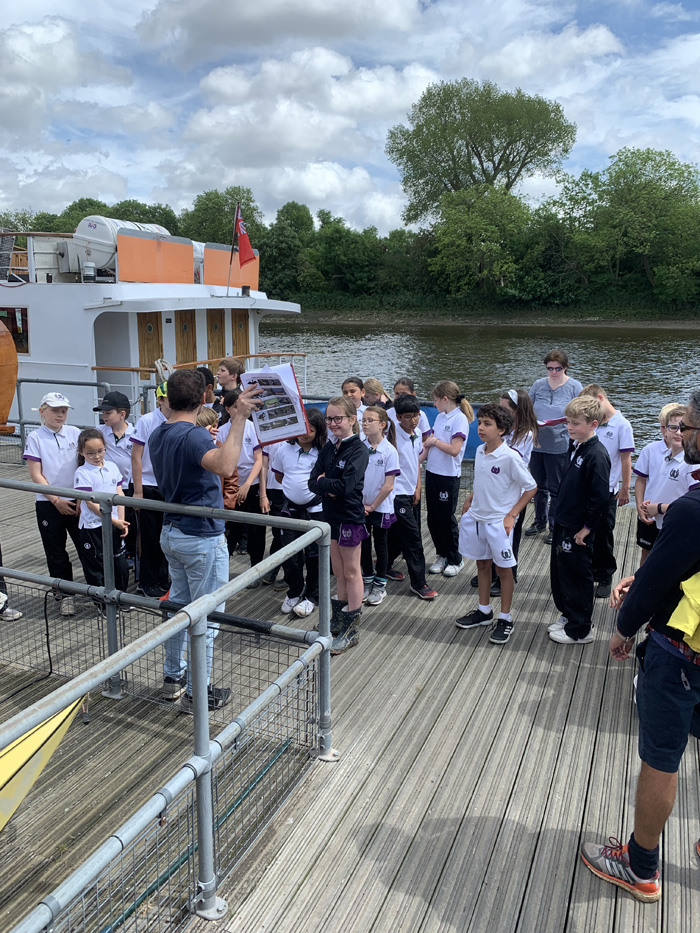
All the children agreed that they enjoyed the chance to apply classroom learning in such a practical, hands-on way. "Most of us know the River Thames because we pass it on the way to and from school, but not many of us have had the chance to fish in it or really explore it!," says Florence, who found that the trip really helped bring classroom learning to life.
Most of us know the River Thames because we pass it on the way to and from school, but not many of us have had the chance to fish in it or really explore it!
Florence, 9KI
